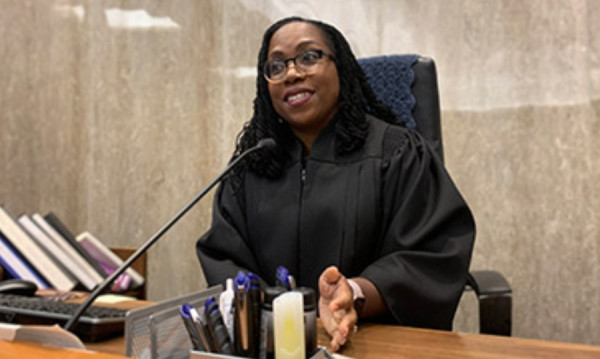Also there is the chance that although you know that you are right, a judge may not agree with you. Is there any alternative to this process, which is known as the litigation process?
The fact of the matter is that, pursuing a case to trial will be expensive and will take time, sometimes years rather than months. After the judge’s decision has been made, there will usually be a winner and a loser. In other words, someone is going to walk out of court disappointed, and that someone could be you.
Alternative dispute resolution, or ADR, is a term used to describe a number of methods and processes for resolving disputes outside of court. ADR aims to provide resolution more quickly and at lower cost. It often involves compromises on the part of both sides which means that there is a better chance that the end result will be satisfactory to everyone.
One common form of ADR is mediation. A mediator is impartial and independent. He or she will meet with the parties to the dispute and their lawyers. It is important to understand that a mediator can only encourage the parties to agree on a compromise. He or she cannot force both parties to settle.
Mediators usually request that each party will submit a written mediation brief to him or her that summarizes the issues in dispute. The mediator will attempt to devise a compromise that everyone can agree on. The mediator will often identify the strengths and weaknesses of the case presented by each side in an attempt to encourage everyone to be realistic about their prospects for succeeding at trial and therefore open to compromise. Everything that is said at mediation is considered to be without prejudice. This means that settlement discussions cannot be mentioned at trial. This understanding encourages open and frank discussion which can help to resolve the dispute. Arbitration is the second common form of ADR. The role of an arbitrator is similar to a judge where he or she has the power to impose his or her decision on the parties, with or without their consent. In fact, many arbitrators are retired judges. Unlike a judge, whose salary is paid for by the government, an arbitrator is usually paid for by the parties. Arbitration is advantageous because an arbitrator hears and decides the case more quickly than a judge (because of the backlog of cases in the court system).
An important advantage to ADR is that the parties can choose which arbitrator or mediator they wish to employ. By selecting a mediator or arbitrator who has expertise relevant to your dispute, you can increase the chances of a fair resolution.
There are of course, downsides to ADR. There are expenses involved. The parties must bear the cost of the arbitrator or mediator’s fee, the cost of renting a meeting room, and their own legal fees with respect to preparation for, and participation in, mediation or arbitration. An arbitrator’s decision is final and may leave one or both parties dissatisfied and disappointed.
Nevertheless, ADR has the potential to provide a speedy and comparatively cost-effective resolution to your dispute. Participation in ADR is definitely something to consider. In many cases, you will be required to participate in ADR. For lawsuit that were originally filed in Toronto or Ottawa, participation in mediation is mandatory. Further, many contractual agreements require that disputes based on these agreements be resolved through ADR.
Lawyers play an important role in ADR just as we do in court-based litigation. If you have a legal dispute and are unsure about whether ADR could help to resolve it, please give us a call and we’d be happy to help you to evaluate your options and guide you through the process.










